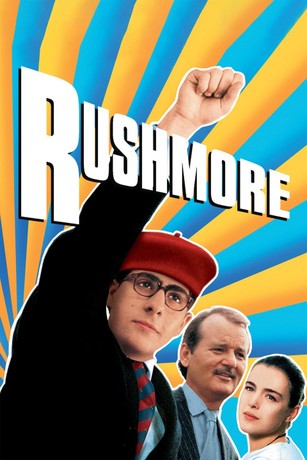“What’s your major?”
While cliché and irritating to most, this three-word conversation starter has been a saving grace for me these first few weeks of college. With the chaos of making new college friends, every ice breaker is needed. This question works great as an opener and offers insight into someone’s passion and/or future career paths. Personally, I love asking people this and even enjoy the conversations that follow.
However, I’ve found that being the one answering this question can be less than stellar.
Immediately after sharing that I’m an English major—and only an English major—I’ll follow it up with some variation on the “can’t wait to be a barista!” joke, which I’ve practiced to perfection. The conversation proceeds, and all is well within the group.
However, I’ve found that with two weeks in, my patience for this song-and-dance has worn thin. With the current climate, both literally and metaphorically, of 2025, it baffles me that people can’t see the purpose of a degree in English.
The fact of the matter is that college tends to be first and foremost an investment in future employment. In this regard, the field of English degrees has historically transitioned from “you can go into journalism and teaching” to “just do it for undergrad, then get a master’s in something people will actually hire you for.” With this, however, I think there’s another angle on the use of an English degree specifically within today’s world: how it intersects with the rise of AI.
Mark Cuban, a billionaire who reached prominence via his frequent appearances on Shark Tank, has spoken highly of degrees within the liberal arts for years. With the expansion of AI entering the corporate world, he has only doubled down on his beliefs. In 2023, Cuban shared on X, “…the only way for ChatGPT to improve its accuracy is for those humans to have domain knowledge. Given the unlimited coverage of the models, this could be an employment boon for liberal arts majors as prompt engineers training models. Is it conceivable that people with funky liberal arts majors see their wages skyrocket in the near future, training private and commercial models?”
You don’t have to take Cuban’s word for it; the numbers speak for themselves. When visiting Union College’s Career Dashboard to gather information for this article, I explored the differences between the outcomes for English and economics majors. Interestingly, both majors had similar top positions. For economics majors, the top three positions were vice president/president, manager, and director/assistant director, in that order. Similarly, English majors’ top positions were director/assistant director, manager, and secondary education teacher, with vice president/president being a close fourth.
It’s no surprise to me that both of these majors end up in similar leadership roles, especially in regards to AI’s growing prevalence in the workplace.
An English degree doesn’t simply teach you how to read novels and write essays; it teaches you how to take messy, complex information and make it clear to others. Leaders need this skill to succeed. Teams follow people who can articulate a vision, resolve conflict through dialogue, and inspire confidence with words. These are exactly the skills honed by frequent reading, writing, and discussion.
When using AI, these human skills are sacrificed. Models can generate text, but they can not judge potential impact, cultural nuance, or ethical implications the way a human can. English majors are trained to notice those subtleties, to ask the right questions, and to consider how messages will be received by the specific audience they’re made for. In a workplace where AI might draft the first version, the English major refines it, contextualizes it, and ensures it lands with the intended effect.
So no, my English degree isn’t worthless. I think it’s exactly what we need right now.













